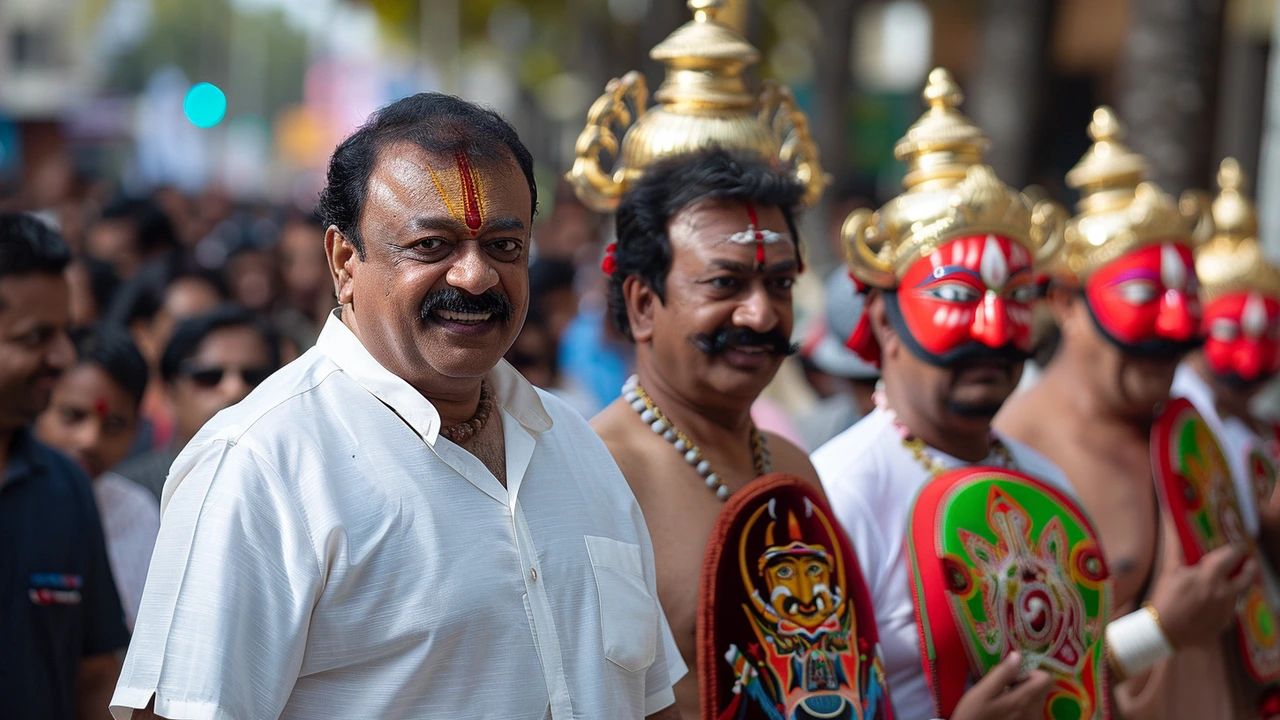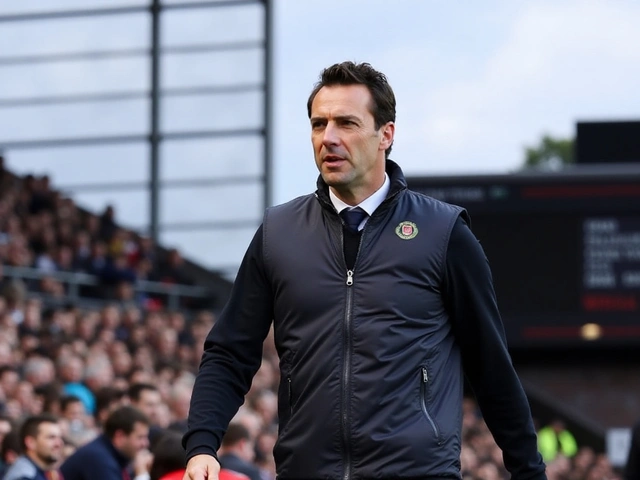Kerala Politics – What’s Happening Right Now?
If you follow Indian news, you know Kerala often shows up for its strong social indicators and vibrant political scene. The state's politics isn’t just about who wins an election; it’s also about how policies affect health, education and everyday life. In this guide we break down the current power balance, major parties and the issues that matter most to people in Kerala.
Who Holds Power in Kerala Today?
The Left Democratic Front (LDF), led by the Communist Party of India (Marxist) or CPI(M), has been running the state government since 2016. The current chief minister, Pinarayi Vijayan, focuses on health care and renewable energy. Under his leadership Kerala topped national rankings for literacy and life expectancy, so many voters see the LDF as a stable choice.
Opposing the LDF is the United Democratic Front (UDF), headed by the Indian National Congress. The UDF pushes for more private sector involvement in jobs and infrastructure. While it lost the last two elections, it still commands a big share of the vote, especially in coastal districts where agriculture and fisheries dominate.
Key Issues Shaping the Next Election
Every election cycle brings a fresh set of priorities. Right now three topics are driving conversations across Kerala:
- Employment: Young people keep asking for more jobs in tech, tourism and manufacturing. Both fronts promise new industrial parks and skill‑training programs.
- Environment: Heavy rains and landslides have reminded voters that climate action matters. The LDF boasts its solar power push, while the UDF wants stricter regulations on coastal development.
- Health Services: Kerala’s response to COVID‑19 earned praise, but hospitals still need upgrades in rural areas. Candidates are promising more clinics and telemedicine options.
Social welfare remains a cornerstone of the LDF’s appeal – free food schemes, pension boosts and subsidised education keep many voters loyal. The UDF counters with promises to attract private investment that could raise wages.
If you’re watching the political scene, pay attention to how leaders address these points in rallies and media interviews. Their stance often predicts where they’ll focus resources if they win.
Another factor gaining traction is digital governance. Kerala’s IT department is rolling out apps for land records, tax filings and citizen feedback. Both parties claim credit for this push, but the real test will be how quickly these tools improve everyday transactions.
Finally, community voices matter a lot in Kerala. Local panchayats (village councils) often act as testing grounds for new policies. When a scheme works well at the village level, it can become a state‑wide model. Keep an eye on grassroots movements – they sometimes shape the bigger political narrative faster than party speeches.
In short, Kerala politics blends strong leftist governance with competitive centrist challenges. The next election will likely hinge on whether voters prioritize job creation and environmental safety over the existing welfare framework. Stay tuned for updates as candidates sharpen their messages and new polls emerge.

Suresh Gopi Denies Resignation Rumors, Affirms Commitment to Modi Government
Suresh Gopi has refuted rumors about his resignation from the Modi government, calling them incorrect. The Minister of State expressed his pride in serving under Narendra Modi and clarified that his statements were misinterpreted. He emphasized his focus on serving the people of Kerala and his ambitions, including the desire to establish an AIIMS in the state.



